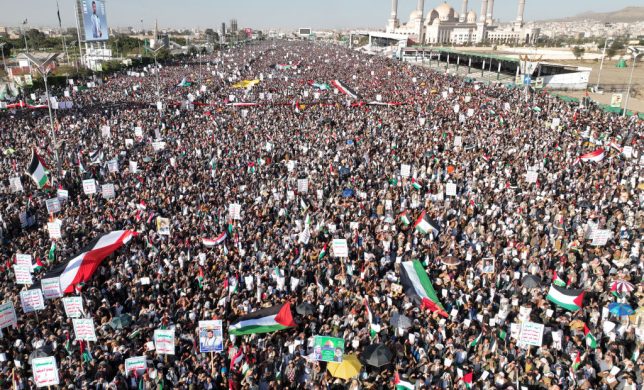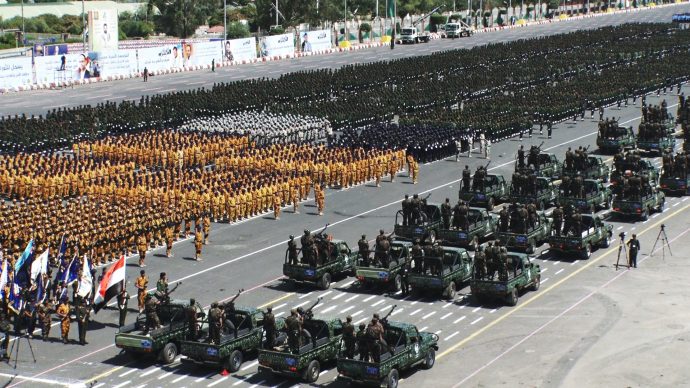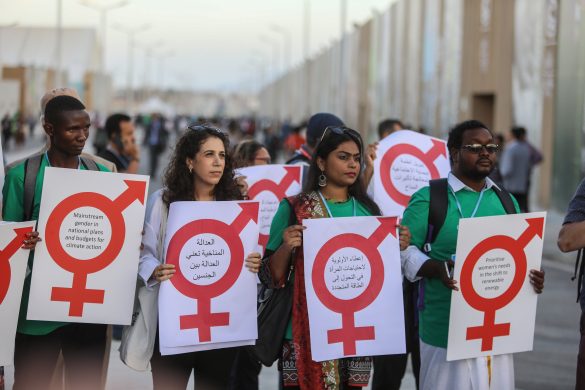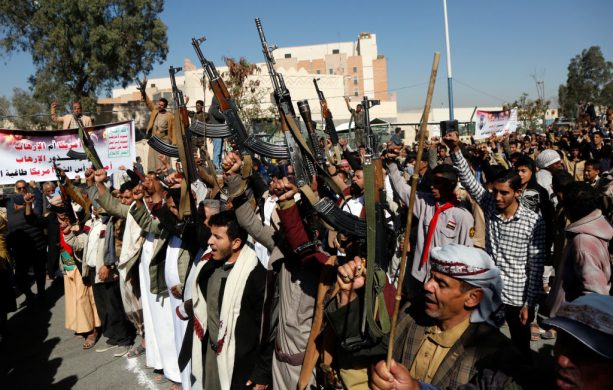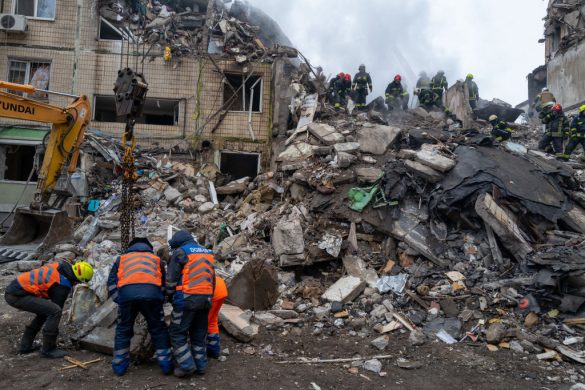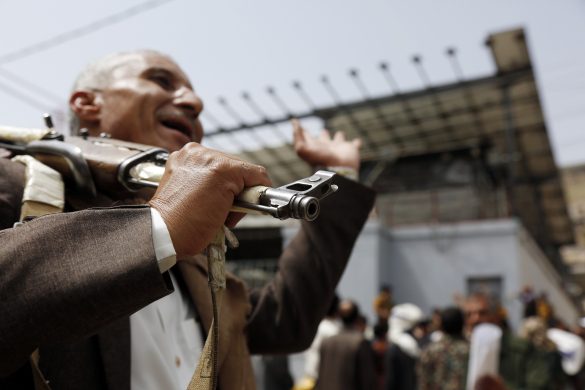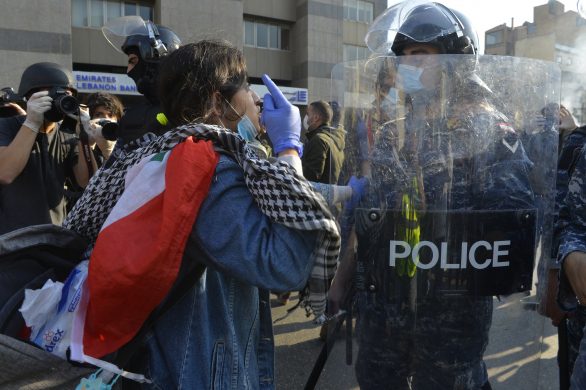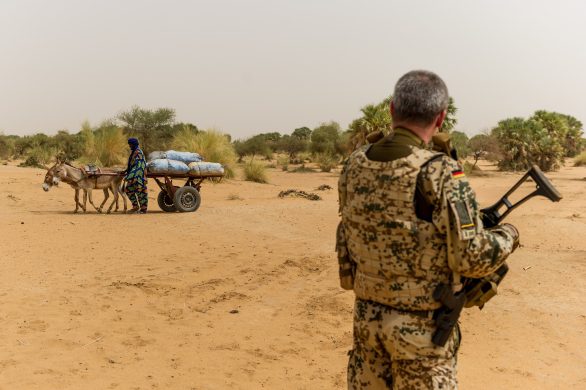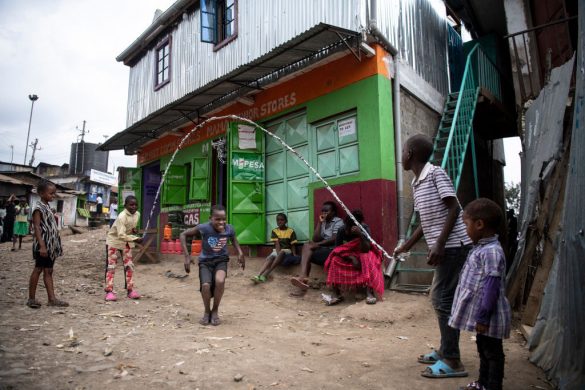This is a summary of what was said by Meritxell Relano, UNICEF Representative in Yemen – to whom quoted text may be attributed – at today’s press briefing at the Palais des Nations in Geneva.
GENEVA, 10 November 2017 – Yemen is facing the largest humanitarian crisis and the worst food crisis in the world. Nearly 7 million people do not know where their next meal will come and the survival of millions of people depends on humanitarian assistance operations. You have all received the statements from the humanitarian community in Yemen and from the Emergency Relief Coordinator based on his last visit on the ground. Fuel, medicines and food are essential in this context. And in order to get them in, we need access.
Access
The recent closure of the Yemen’s airspace, sea and land ports has worsened the already shrinking space for the lifesaving humanitarian work. It is blocking the delivery of vital humanitarian assistance to children in desperate need in Yemen. And it is making a catastrophic situation for children far worse. The port of Hodeida is where most of the humanitarian supplies enter and it is essential that the post resumes its activity.
Also, because missions on the ground are not possible, blocking the movement of humanitarian workers and supplies, this means that millions of children will be deprived of lifesaving humanitarian assistance.
Impact
Let me give you some examples of the impact of the closure of the entry points to the country:
The current stocks of fuel will only last until the end of November. We need fuel to maintain health centers open and water systems functioning (both for distributing water and for treating used water). The price of existing fuel has increased by 60%.
If fuel stocks are not replenished:
- UNICEF’s ongoing WASH response to respond to the cholera outbreak is likely to be affected. This could impact nearly 6 million people living in cholera high-risk districts.
- The operating water supply systems and waste water treatment plants will stop functioning, causing unimaginable risks.
- The functionality and mobility of the Rapid Response Teams, serving nearly half a million every week, will be hindered.
- Due to shortage of fuel supply, 22 Governorates/District cold rooms/district vaccine stores are at a major risk of being shut down. Vaccines for thousands of children could be damaged.
If vaccines are blocked from reaching Yemen, at least 1 million children under the age of one will be at risk of diseases including polio and measles:
The current stock of vaccines in the country will last 1 month
Shortage of medical supplies will only worsen the Diphtheria outbreak recently reported in five districts of Ibb. About 87 suspected cases were reported with nine associated deaths.
With more than 60 per cent of population food insecure, the closure of the Yemen’s airspace, sea and land ports will lead to more deterioration in food security level which will worsen malnutrition rates.
Children are suffering from severe malnutrition and diseases that could be easily prevented. Children need urgent care and any disruption in bringing in therapeutic nutrition supplies will only mean that more children in Yemen will die.
UNICEF calls on all parties to the conflict in Yemen to allow and facilitate safe, sustainable, rapid and unhindered humanitarian access to all children and families in need, through land, air and sea.





